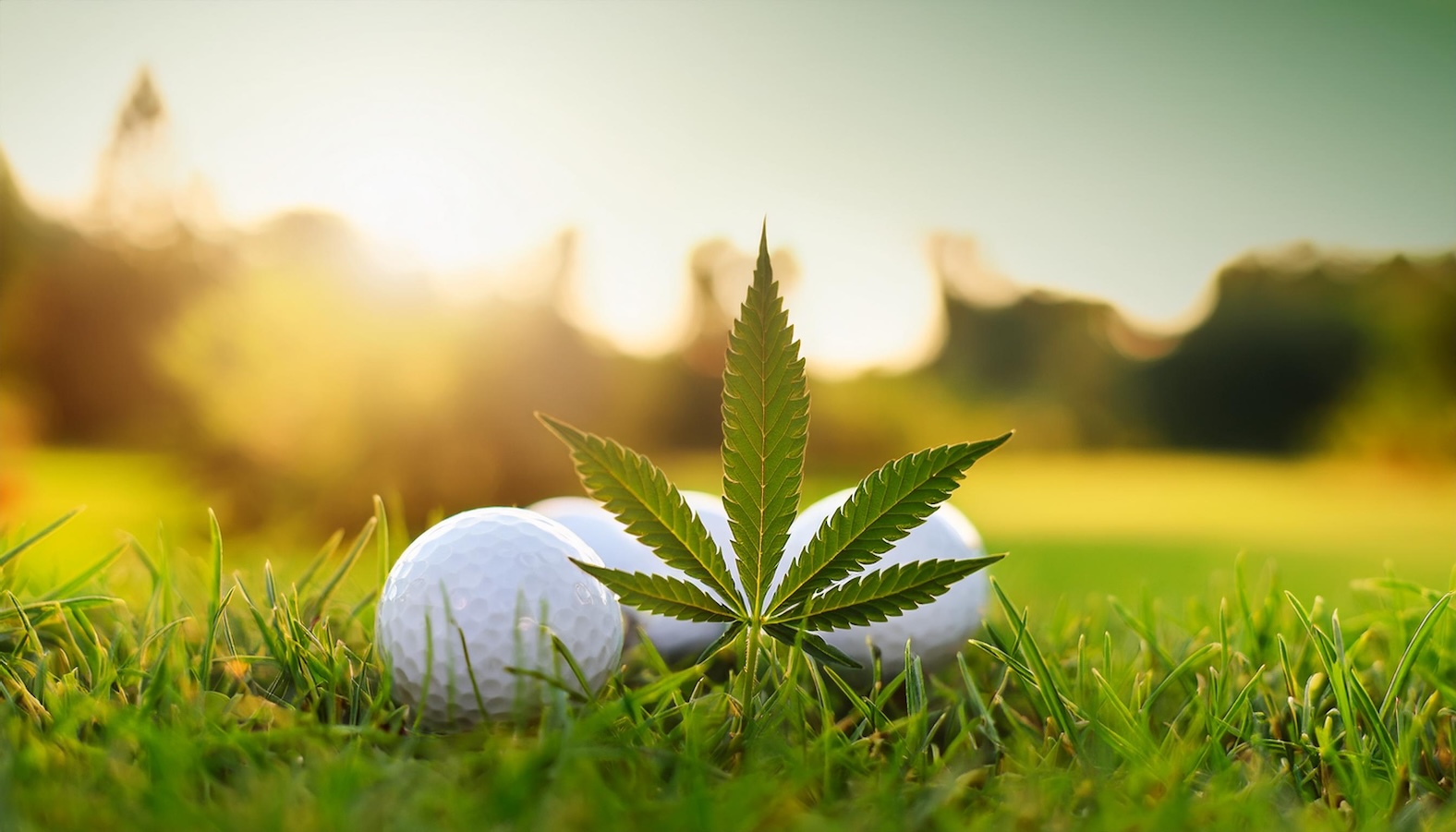
The traditional paradigm of athletic recovery is undergoing a fundamental transformation. While established sports medicine protocols rely on ice baths and NSAIDs, progressive athletes are exploring something the wellness industry has been whispering about for years: CBD.
This change isn’t exclusive to boardrooms or research labs. It’s happening in locker rooms, training facilities, and recovery centers where athletes are demanding more evidence-based alternatives to conventional recovery methods.
Olympic-level endurance athletes incorporating CBD into their sleep optimization protocols, professional fighters reporting accelerated recovery timelines through targeted cannabinoid use, and rugby leagues exploring hemp-derived compounds as alternatives to opioid-based pain management. These examples illustrate calculated decisions made by athletes who recognize that superior performance necessitates effective recovery strategies.
The Underground Movement Going Mainstream
Since the World Anti-Doping Agency pulled CBD from its banned substances list in 2018, we’ve witnessed a shift in how elite athletes think about recovery. 93% of surveyed athletes stated CBD aids in their recovery, while 87% felt THC aids in their recovery, according to a study published in the Journal of Cannabis Research.
The Role of The Endocannabinoid System
The human body already has a built-in recovery system. The famous “runner’s high” that athletes talk about is more closely linked to endocannabinoids than to endorphins. Research shows blocking endorphin receptors doesn’t stop exercise-induced euphoria. However, blocking cannabinoid receptors can reduce these good feelings.
CBD works by preventing your natural endocannabinoids from breaking down, particularly anandamide. Think of it as extending the battery life on your body’s natural recovery mechanisms. Studies show CBD supplements can change anandamide levels after exercise. One study found that CBD lowered anandamide levels after a second run compared to a placebo.
A Research Reality Check
Let’s be honest about what we know and what we don’t. CBD shows small benefits for certain performance measures—such as VO₂, mean power, and relative mean power—but evidence for improvements in strength (e.g., vertical jump, bench press, back squat) and recovery is limited. Most of the research has been published between 2021 and 2024, reflecting rising scientific interest in how CBD affects healthy, active individuals.
The Contamination Crisis
Before you rush to the nearest dispensary or order online, pause. The CBD market can be the Wild West of supplements, and athletes are paying the price.
- Label lies are everywhere: 69% of tested CBD products contained different CBD levels than stated on labels, while 21% even contained THC.
- Geographic contamination varies: More than 30% of products on the German market contained THC levels >2.5 mg/day in >30% of products, which could lead to positive doping tests.
- Athletes are getting burned: Since 2018, there have been 60 CBD-related doping infringements reported, mostly involving THC contamination. US Ski and Snowboard athlete Devin Logan learned this the hard way, receiving a 3-month suspension after testing positive for THC from CBD product use.
- Hidden cannabinoids: Beyond THC, some products contain other prohibited substances like CBG, CBN, CBC, CBDV, CBGA, CBDA, and Δ8-THC—all banned in competition.
The brutal truth? You shouldn’t blindly trust labels or marketing claims. Third-party testing isn’t just recommended—it’s essential.
Sleep: The Ultimate Recovery Hack
While everyone obsesses over protein timing and recovery drinks, sleep remains the most undervalued performance enhancer. CBD consumption could stimulate the endocannabinoid system, modulating sleep disorders and the sleep-wake cycle.
For athletes dealing with competition anxiety, training stress, or irregular travel schedules, CBD’s anxiolytic properties could be game-changing.
The Bottom Line
CBD isn’t a magic bullet—it’s a tool. A potentially powerful one that works with your body’s existing systems rather than overriding them. Based on its impact on other populations and its potential to address health issues, CBD has properties that could help athletes feel better during competition.
But proceed strategically. If you’re subject to drug testing, understand the risks. Source from companies that provide third-party lab results showing not just CBD content but the absence of prohibited substances.
Looking to connect with other forward-thinking leaders in sports and culture? Rolling Stone Culture Council brings together innovators who understand that breakthrough performance requires breakthrough thinking.
